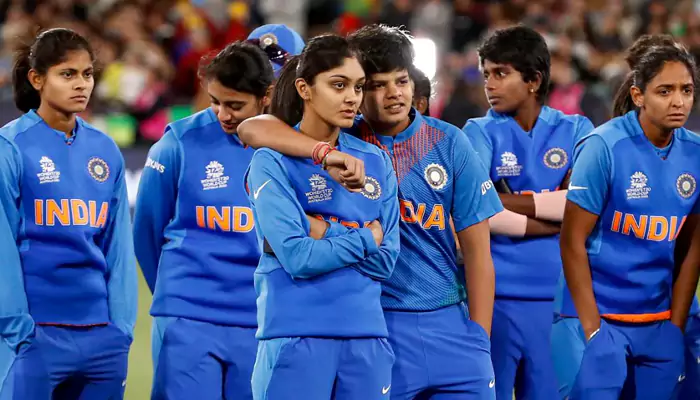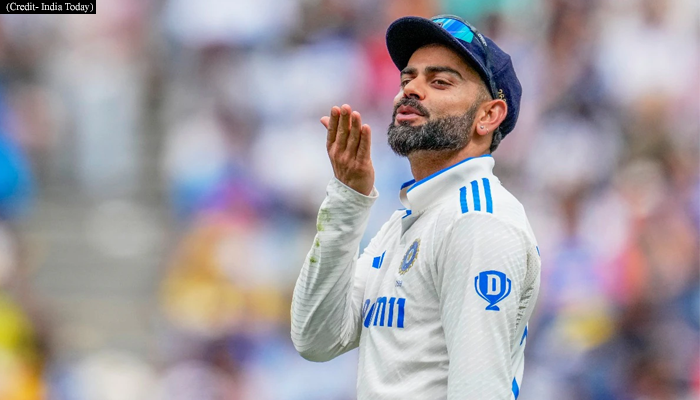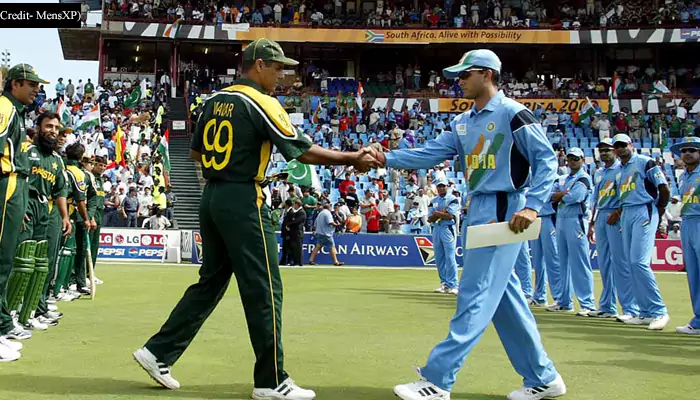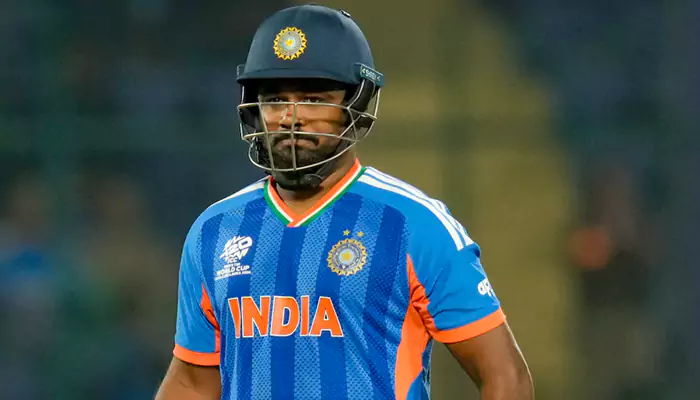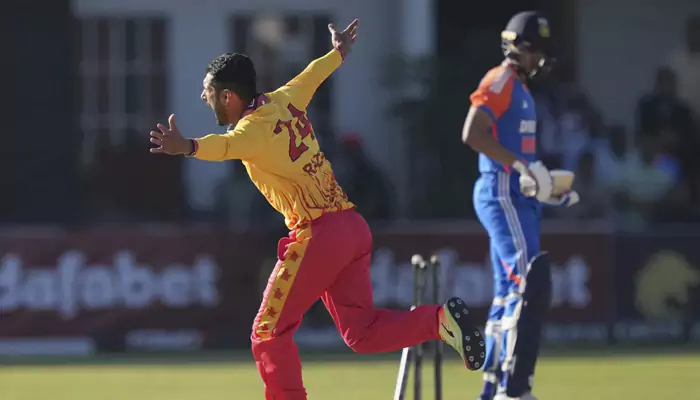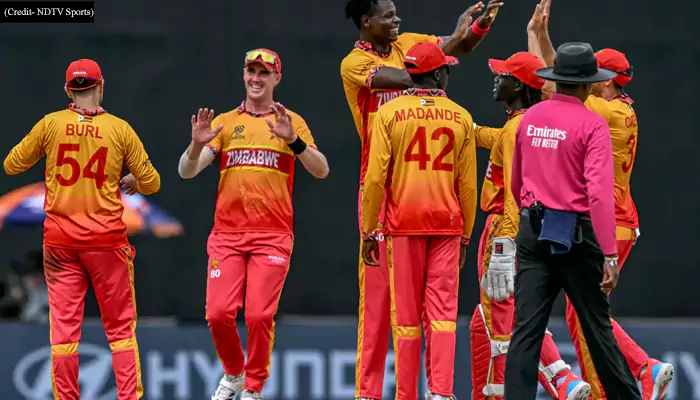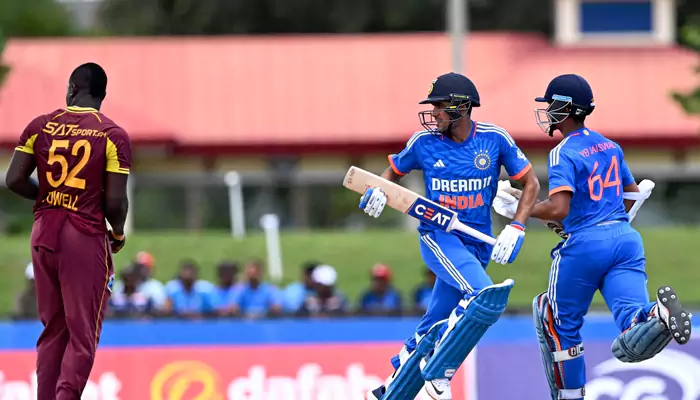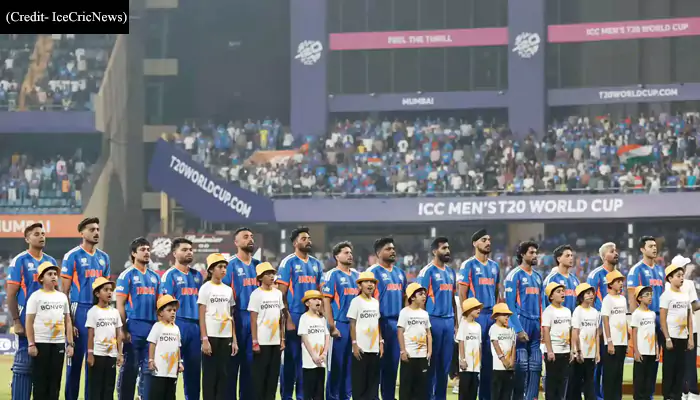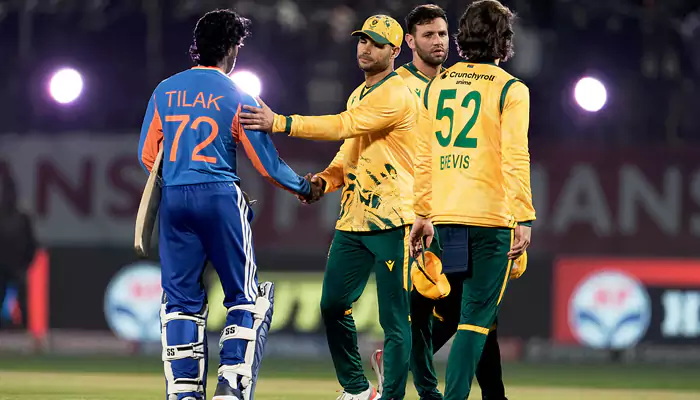On This Day (Sep. 10): Happy B’day, Eoin Morgan - Insights and Lessons from a Game-Changing Captain
- Rohit Chatterjee
- 1 year ago
- 5 minutes read

Morgan's leadership redefined cricket with fearless innovation, breaking away from traditional norms.
Eoin Morgan, born in Dublin on September 10, 1986, was England's first captain to win the 50-over World Cup. With a fearless approach, he transformed their limited-overs side and pushed them to the top of white-ball cricket. Morgan's journey began with Ireland in the 2007 World Cup before switching to England in 2009.
Happy Birthday, Eoin Morgan!#Cricket #England #HappyBirthday #EoinMorgan pic.twitter.com/2ESZS8w3dT
— CRICKETNMORE (@cricketnmore) September 10, 2022
Under his leadership, England won the 2019 World Cup in a thrilling final against New Zealand. He retired in 2022, the same year England claimed the T20 World Cup. Morgan's legacy concerns bold, expressive cricket, offering leadership, change, and innovation lessons.
As we celebrate Morgan's 38th birthday today, let's explore critical lessons from his transformative leadership in cricket.
Morgan's formula for success
Morgan's leadership redefined cricket with fearless innovation, breaking traditional norms. His strategy, as seen in England's 2019 World Cup triumph, focused on aggressive, optimistic play and drove the team to success. Fearless innovation is essential for thriving in a dynamic world.
ENGLAND ARE THE 2019 CRICKET WORLD CUP CHAMPIONS AFTER BEATING NEW ZEALAND IN A SUPER OVER 🇳🇿🏆 pic.twitter.com/aEL9U5hfcV
— SuperSport 🏆 (@SuperSportTV) July 14, 2019
Encouraging bold, creative thinking and challenging the status quo can lead to remarkable achievements, much like Morgan's transformation of England's cricket team. Embrace risk, inspire your team, and stay ahead by continuously innovating.
The hard truth about change
Don't be afraid to embrace change. After decades of the same old strategies, English cricket needed a new direction, which led to disappointment in 2015. Real change is hard and often requires a strong leader to drive it forward.
Eoin Morgan has the Most Sixes in an ODI innings in the history - 17 Sixes.
— Tanuj Singh (@ImTanujSingh) September 10, 2023
He smashed 148(71) with 17 Sixes in World Cup 2019 - The GOAT of England cricket...!!! pic.twitter.com/SNnpaYR4SY
If you're not seeing the desired results, it's time to pivot. It sounds simple, but committing to change is one of the toughest challenges. Decide to change, commit fully, and plan your next steps better than the last. Remember, failures aren't the end—they're lessons. The absolute failure is not learning from them and staying stagnant.
The power of authentic leadership
Morgan's leadership was all about unity and collaboration. He built a culture where players felt free to express themselves, a critical factor in England's World Cup victory. Fostering a collaborative environment is vital for unlocking your team's potential.
#Onthisday in 2019, England won the World Cup for the first time in an unforgettable game at Lord's pic.twitter.com/QD31kXUiin
— Wisden (@WisdenCricket) July 14, 2023
Morgan's squad committed to playing fearless, attacking cricket—because it was true to their DNA and Morgan's belief in how the game should be played. Success comes from authenticity. In any organisation, with its diverse personalities and views, unity is forged through a shared vision and the leadership to bring it to life.
Trust as a catalyst
The World Cup-winning captain trusted his players immensely, backing them fully even when they made mistakes. He fostered an environment where errors were seen as a part of their growth, pushing boundaries and believing in a shared vision. This trust allowed his players to deliver for the team and exceed their personal limits.
nobody will remember:
— England's Barmy Army 🏴🎺 (@TheBarmyArmy) August 26, 2024
- your salary
- how “busy you were”
- how many hours you worked
people will remember:
- Headingley 2019
- World Cup final 2019
- World Cup final 2022 pic.twitter.com/4Blt8tEK9v
Stars like Jos Buttler and Ben Stokes thrived under Morgan's leadership, becoming the best in the world because of the supportive environment he created. England's success is a testament to the power of trust. To succeed, we need people who believe in us, and we must trust them in return.
Handling highs and lows
Going into the World Cup, England set a world record 50-over score of 481/6 and regularly surpassed 300 runs. But their semi-final hopes were suddenly in jeopardy when they failed to chase 232 against Sri Lanka. The media quickly criticised, predicting disaster for England on home soil.
#IPL2021 | 🗣 When you associate the word 'authority' with a captain, it makes me laugh - Eoin Morgan
— CricXtasy (@CricXtasy) April 21, 2021
Watch this 📽 as the #KKR skipper talks about captaincy and leadership. #KKRvCSK pic.twitter.com/ntIDvgItW5
However, within the squad, there was no panic. Morgan used setbacks as opportunities to improve and unite his players. True success comes from total commitment, even through adversity. When you're true to yourself and your vision, you can withstand challenges and remain resilient amid doubt and criticism.

